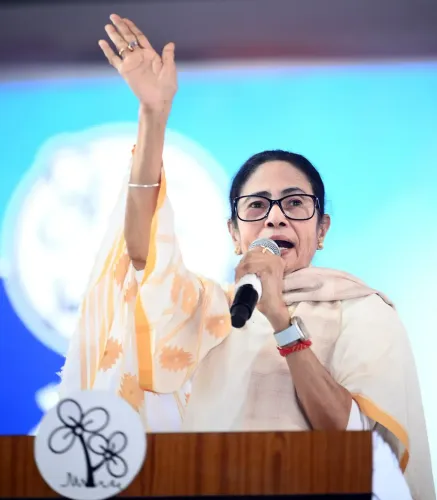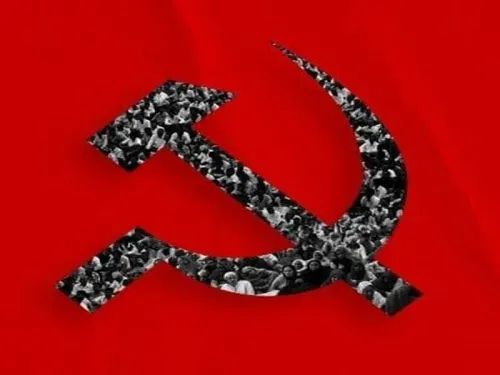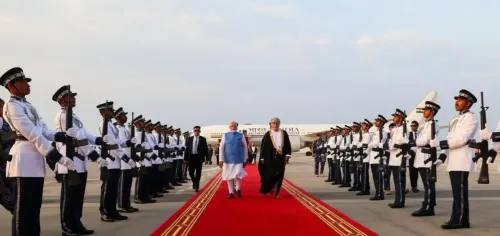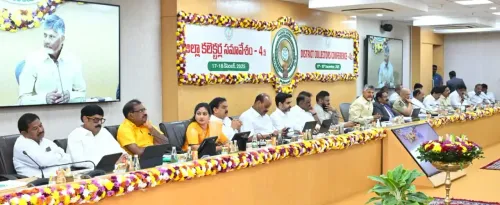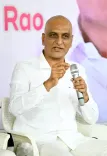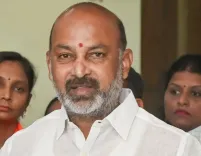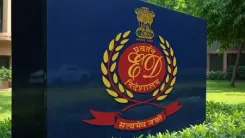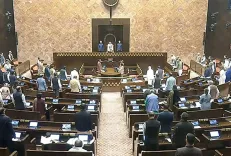Did PM Modi Congratulate Lee Jae-myung on His Presidential Victory in South Korea?

Synopsis
Key Takeaways
- Modi's congratulations signify strong bilateral ties.
- Lee's victory marks a political comeback.
- Strategic partnership aims to address regional challenges.
- Historical ties date back to 2015.
- Future collaborations could reshape economic landscapes.
New Delhi, June 4 (NationPress) Prime Minister Narendra Modi conveyed his heartfelt congratulations to the newly-elected President of South Korea, Lee Jae-myung, for securing the prestigious position. He also expressed his enthusiasm for enhancing the strategic alliance between the two countries.
Lee Jae-myung, the candidate from the Democratic Party (DP), emerged victorious on Wednesday following a tumultuous period marked by the impeachment and removal of his predecessor due to a failed attempt to impose martial law.
In a post on X, PM Modi stated, "Congratulations to Mr. Lee Jae-myung on being elected as the President of the Republic of Korea. I look forward to collaborating to further expand and fortify the India-ROK Special Strategic Partnership."
Lee's triumph is notable as it represents a substantial comeback after narrowly losing to former President Yoon Suk Yeol by less than one percentage point in the 2022 election.
While Yoon's effort to impose martial law in December facilitated Lee's ascent to the presidency, it also exacerbated the political rift in the nation, intensifying challenges ranging from U.S. tariff strategies to North Korea's advancing nuclear ambitions.
After all votes were counted, Lee from the liberal DP secured 49.42% of the vote, surpassing his conservative challenger, Kim Moon-soo, from the People Power Party (PPP), who garnered 41.15%.
The diplomatic ties between India and South Korea were elevated to a 'Special Strategic Partnership' in 2015 during PM Modi's State Visit to South Korea.
Moreover, during the State Visit of then-South Korean President Moon Jae-in to India in July 2018, both nations released a statement detailing a 'Vision for People, Prosperity, Peace, and our Future.'
Additionally, in 2019, PM Modi visited South Korea to unveil a bust of Mahatma Gandhi at Yonsei University, presented a Bodhi sapling to Gimhae City, and received the Seoul Peace Prize for his contributions to international cooperation and global economic growth.


